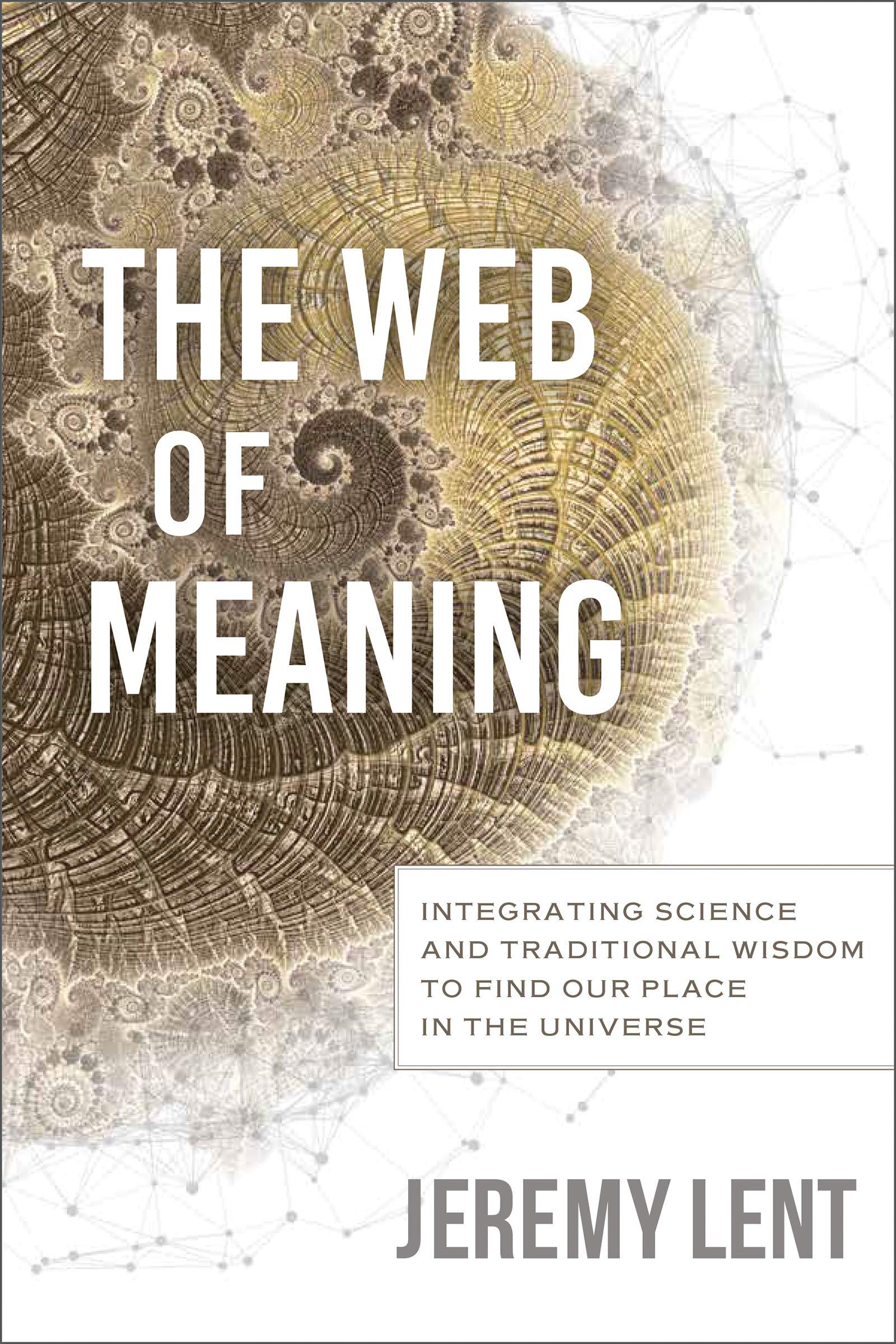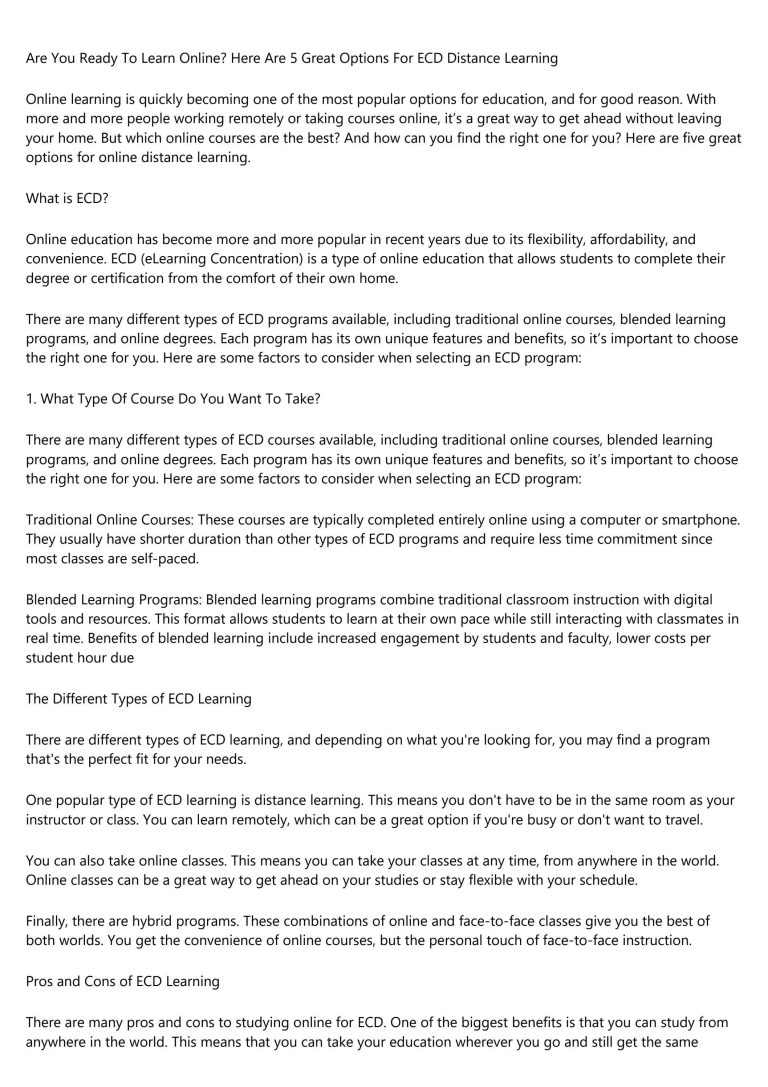Exploring the Essence of Humanity: Lessons from Philosophy & Science

Welcome, fellow explorers of the human condition! Strap on your thinking caps, grab a comfortable seat, and get ready to dive deep into the murky waters of philosophy and science. In this article, we will embark on a quest to uncover the true essence of humanity – from the bizarre quirks of our brains to the curious behaviors that make us uniquely human. So grab a snack, pour yourself a cup of tea (or something stronger if you prefer), and let’s unravel the mysteries of our existence together!
Key Concepts in Philosophy
Philosophy may seem like an intimidating topic, but fear not! We’re here to break down some key concepts in a way that even Socrates himself would approve of.
First up, we have metaphysics. This branch of philosophy deals with the nature of reality and existence. Think of it as pondering the big questions like “What is the meaning of life?” or “Is reality just a simulation created by a higher power?” It’s like playing a never-ending game of “Would You Rather” with the universe.
Next, let’s dip our toes into epistemology. This fancy word simply means the study of knowledge. Ever wonder how we know what we know? Epistemologists do. They’re like the detectives of the philosophical world, trying to uncover the mysteries of how we come to understand the world around us.
Now, let’s explore ethics. This branch of philosophy is all about figuring out what is right and wrong. It’s like being handed a moral compass and trying to navigate through a world full of questionable decisions. Is it okay to steal a cookie from the cookie jar? Are jesters exempt from courtly etiquette? Ethics has the answers (sort of).
Understanding Human Nature
Do you ever wonder why humans do the things they do? Well, buckle up because we are about to dive deep into the mysterious world of human nature.
First off, let’s talk about procrastination. Why do we always put off tasks until the last minute? Is it because we secretly enjoy the thrill of rushing to finish everything at the eleventh hour? Or is it just a part of our DNA to be lazy? Whatever the reason, one thing is for sure – procrastination is a universal human trait that we can all relate to.
Next up, let’s discuss social media obsession. Why do we spend hours scrolling through our feeds, stalking our exes, and comparing our lives to those of strangers? Is it because we crave validation from others, or are we just addicted to the dopamine rush we get from likes and comments? Either way, it’s safe to say that social media has a way of bringing out the worst (and occasionally the best) in all of us.
And finally, let’s not forget about self-sabotage. Why do we constantly sabotage our own success and happiness? Is it because we are secretly afraid of achieving our full potential? Or is it just a way for us to avoid taking responsibility for our actions? Whatever the reason, self-sabotage is a frustrating yet oddly comforting part of being human.

The Evolution of Human Intelligence
From the days of our primitive ancestors grunting and pointing at things, to the modern era of smartphones and virtual reality, human intelligence has come a long way. Let’s take a look at how our brains have evolved over the years:
Neanderthals: Back in the caveman days, our ancestors were all about survival. They used their intelligence to hunt, gather, and avoid being eaten by saber-toothed tigers. Communication was simple – a few grunts here and there got the point across.
Ancient Civilizations: As humans started settling down and forming communities, our intelligence took on a new purpose. People began developing language, art, and agriculture. Suddenly, grunting wasn’t enough to get by – now you had to be able to write poetry and grow crops to impress your neighbors.
Modern Times: Fast forward to today, and our brains are constantly being challenged by technology and the fast-paced world we live in. From solving complex math problems to navigating social media, human intelligence has never been more diverse. Who knows what the future holds for our ever-evolving brains – maybe one day we’ll be communicating telepathically or summoning robots with our thoughts!

The Role of Empathy in Society
Empathy is like the secret sauce of society, the magical ingredient that makes everything work just right. It’s like the chocolate chips in a cookie - sure, you can have a cookie without them, but it’s just not as delicious.
Imagine a world without empathy – it would be like a bad sitcom where everyone is constantly misunderstanding each other and getting into ridiculous arguments. Things would never get resolved, and everyone would end up feeling like they’re living in a perpetual soap opera.
With empathy, on the other hand, society is like a well-oiled machine (or maybe a well-baked cake, depending on your preference). People understand each other’s feelings, they help each other out, and most importantly, they share the last slice of pizza without any hesitation.
So let’s all channel our inner empathetic superhero and make the world a better place, one kind gesture at a time. Because really, who wouldn’t want to live in a world where everyone is as understanding and compassionate as a puppy with a wagging tail?

Genetic Influences on Human Behavior
Have you ever wondered why you have a fear of heights or a knack for math? Well, it turns out that our genes may have a lot to do with our behaviors! play a significant role in shaping who we are and how we behave in different situations.
One interesting genetic influence on behavior is the gene that affects our risk-taking tendencies. Some people are born with a “thrill-seeking” gene that makes them more likely to engage in risky behaviors like skydiving or bungee jumping. Others may have a “risk-averse” gene that makes them prefer a more cautious approach to life. So, next time you find yourself hesitating before jumping off a cliff, you can blame it on your genes!
Another genetic factor that can influence behavior is the gene responsible for empathy. Some people are born with a higher level of empathy, making them more sensitive to other people’s emotions and more likely to help those in need. On the other hand, those with a lower level of empathy may struggle to understand or connect with others on an emotional level. So, if you find yourself crying during a sad movie while your friend remains stone-faced, it might be due to your genetic makeup!
Overall, genetics play a fascinating role in shaping our behaviors and personalities. While we may not be able to change our genes, understanding how they influence our behavior can help us better navigate the world around us. So, next time you catch yourself doing something out of character, just remember, it’s all in your genes!
Ethical Implications of Human Cloning
Hopping down the rabbit hole of human cloning can lead to some very sticky ethical situations. Let’s take a look at some of the eyebrow-raising implications:
1. Loss of individuality: If we start cloning humans left and right, will we end up with a society of identical twins? And who wants to live in a world where everyone looks the same? Talk about a fashion nightmare!
2. Playing God: Messing around with genetics is just asking for trouble. We all saw Jurassic Park – do we really want to unleash a bunch of cloned humans into the world? *shivers*
3. Family dynamics: Imagine finding out that your sibling is actually your clone. Awkward family dinners, anyone? And what about inheritance rights – who gets the good china when you’re both technically the same person?
In conclusion, the are like a can of worms – once you open it, there’s no turning back. So maybe we should stick to cloning sheep and leave human reproduction to good old-fashioned biology. Just a thought!
The Search for Meaning in a Technological Age
So, you’re scrolling through your social media feed for the umpteenth time today, searching for something that will give your life meaning in this technological age. But all you find are cat videos and memes about avocado toast. Fear not, dear reader, for is not as fruitless as it may seem.
First off, take a break from your screen and go outside. Look up at the sky and marvel at the vastness of the universe. Feel the sun on your face and the wind in your hair. Remember that you are just a tiny speck in the grand scheme of things, and that can be oddly comforting.
Next, try connecting with nature in a more tangible way. Plant a garden, go for a hike, or simply take a walk in the park. Being in nature has a way of grounding us and reminding us of the beauty and complexity of the world around us.
Finally, don’t be afraid to unplug every once in a while. Turn off your devices, go for a digital detox, and see how it feels to live in the present moment without the constant distractions of technology. You may just find that the search for meaning doesn’t require a Wi-Fi connection after all.
FAQs
What is the relationship between philosophy and science in exploring the essence of humanity?
Well, imagine philosophy as the wild-haired, pondering guru on top of the mountain, asking the big questions, while science is the practical, lab-coated detective uncovering clues through experiments and research. Together, they make a dynamic duo, shedding light on different aspects of what makes us human.
Can philosophy and science actually provide concrete answers about the essence of humanity?
Ah, the age-old question! While they may not give us a definitive answer like a math problem, philosophy and science can certainly provide valuable insights and perspectives that help us grasp the elusive concept of humanity. Think of them as offering pieces to a complex puzzle that we’re all trying to solve.
What are some key lessons we can learn from philosophy when it comes to understanding humanity?
Philosophy teaches us to question everything, to ponder the nature of existence, and to reflect on our place in the universe. It challenges us to think critically, ethically, and empathetically about what it means to be human. In other words, it’s like a mental gym workout for our brains!
How does science contribute to our understanding of humanity?
Science is like the cool, collected detective sifting through evidence to uncover truths about human behavior, genetics, evolution, and much more. Through experiments, observations, and data analysis, science helps us unravel the mysteries of our biological and psychological makeup.
Are there any common themes or ideas that both philosophy and science agree upon when it comes to humanity?
Surprisingly, yes! Both philosophy and science often converge on ideas like the importance of ethics, the interconnectedness of all living beings, and the beauty of curiosity. They remind us that, at our core, we are complex, flawed, and endlessly fascinating creatures navigating this crazy thing called life.
Parting Thoughts: Embracing our Humanity, One Philosophy & Science Lesson at a Time
As we wrap up our journey through the essence of humanity, let’s remember to keep questioning, keep wondering, and keep seeking out the absurd and the profound. After all, it’s the quirks, the contradictions, and the endless possibilities that make us truly human.
So the next time you find yourself pondering the meaning of life or the nature of consciousness, just remember: you’re not alone in the universe. You’re surrounded by fellow humans just as curious, just as uncertain, and just as utterly unique as you are. And isn’t that a comforting thought?
Until next time, keep exploring, keep learning, and keep embracing the mysterious, messy, and marvelous essence of humanity. And don’t forget to throw in a healthy dose of laughter along the way – after all, it’s one of the things that makes us human, too.
Stay curious, stay compassionate, and stay human. Goodbye for now, fellow explorers of the human experience!






